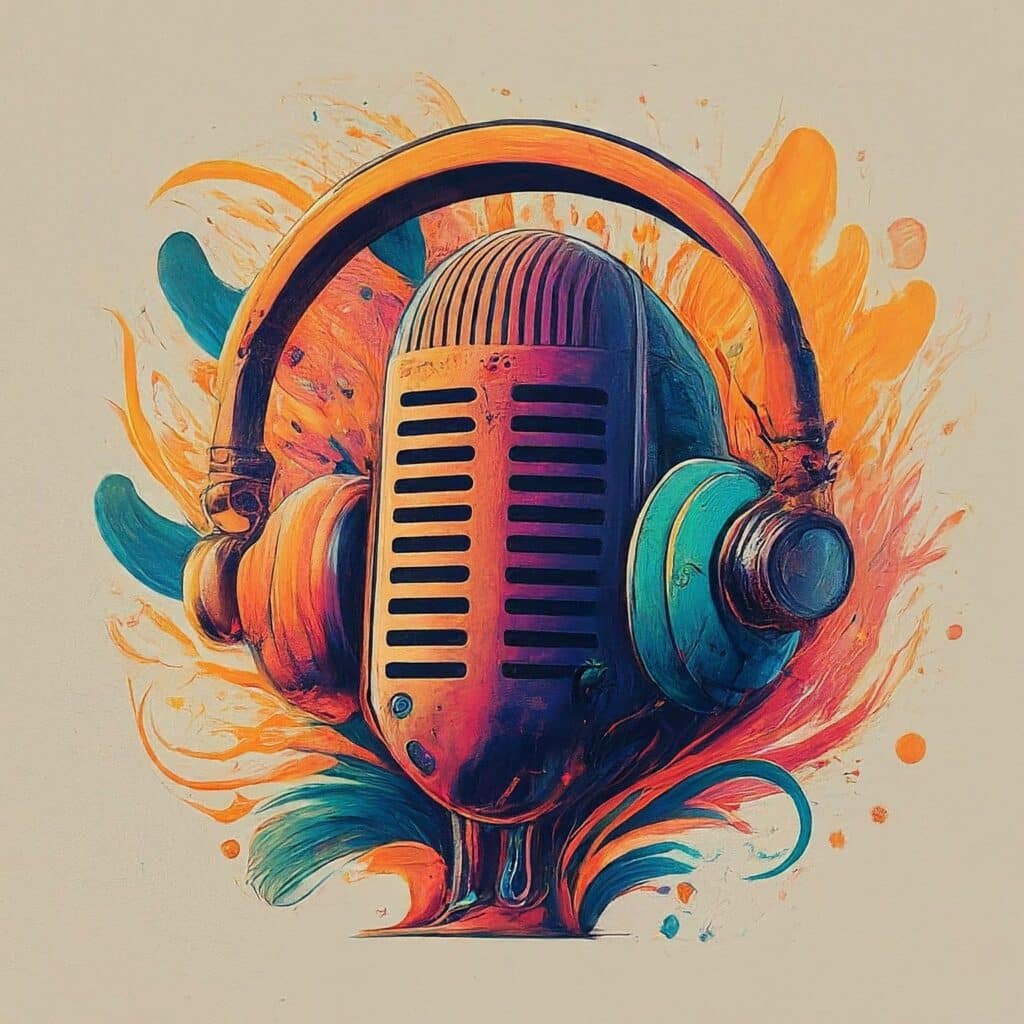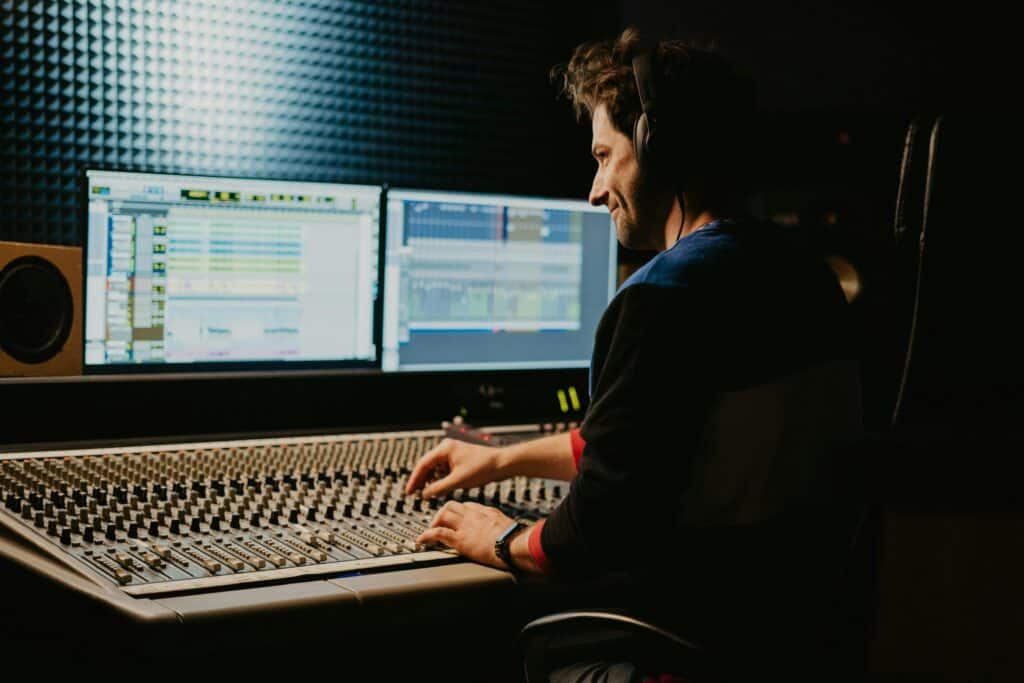Introduction:

Podcasts have evolved significantly over the years, and one noticeable trend is the shift from using generic library music to commissioning custom compositions. This article explores the intricacies of music composing for podcasts, emphasizing the importance of creating tailored pieces that enhance the listener’s experience without overshadowing the podcast’s primary content.
Composing for Podcasts:
Unlike films, podcasts rely solely on audio, making the integration of music a delicate process. The goal is to complement the dialogue seamlessly. Composers often start by establishing a theme and then experiment with variations, exploring different keys or tempos to find the perfect fit.
Read more



